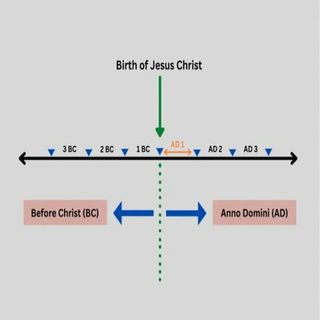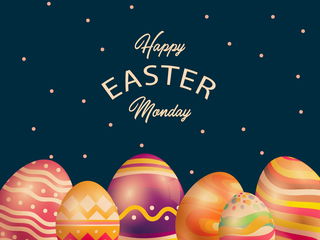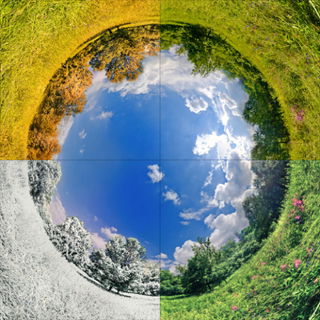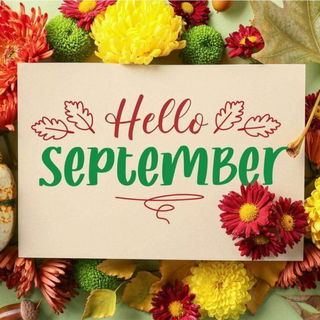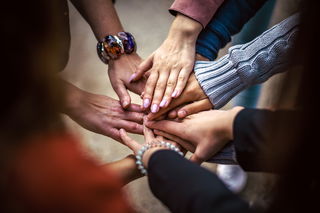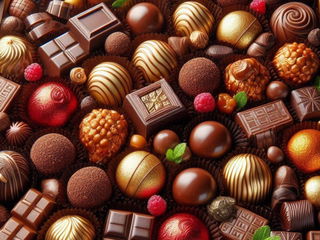- Calendar
- Calendar 2025
- December
- National Champagne Day
National Champagne Day
National Champagne Day is celebrated every year on December 31st, and it is the ideal chance to indulge yourself in this bubbly, sparkly drink.
Whether you're welcoming the new year or simply savoring a sip of bubbly, this day is all about enjoying the joy, elegance, and tradition of beloved champagne.
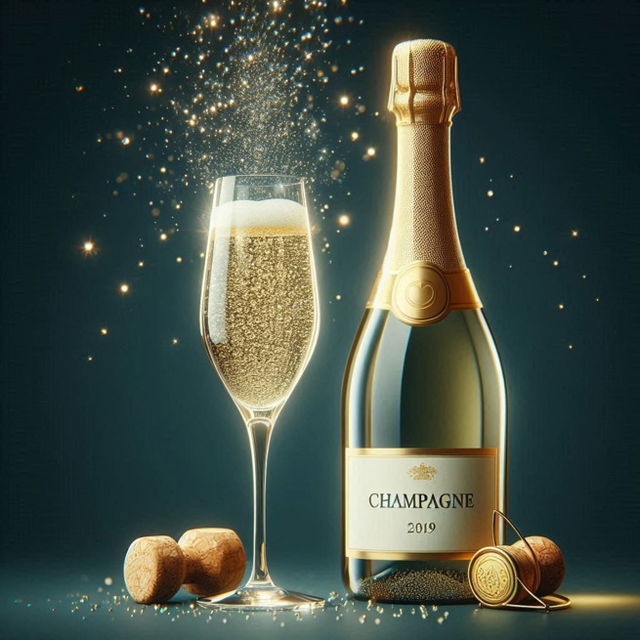
Origin of National Champagne Day
The concept of National Champagne Day started gaining traction during the mid-2000s when books like Practically Useless Information on Food and Drink Wine Enthusiast started mentioning it in 2007.
Although, the official founding date of this day is still unknown, the hashtag #NationalChampagneDay first appeared on X (previously known as Twitter) in 2010, during the holiday season in December and January.
History of Champagne
Champagne's history goes back to ancient ages when the Romans started planting the first vineyards in a region called Champagne located in northeast France.
The area started producing wine, but the process was very time-consuming due to Emperor Domitian's rule that banned planting of new vines.
This rule changed when a gardener's son, Emperor Probus, lifted the ban, and the area started producing a fruity, and light red wine.
In the medieval times, several vineyards were owned by the church and wine was made by monks for religious ceremonies, especially in Reims, where the coronation of French kings took place.
The people of Champagne known as the Champenois loved the wines of Burgundy and wanted to compete with them. However, the cold climate made it hard to grow fully ripe grapes. Therefore, the wines were lighter and more acidic compared to the rich and luxurious red wines of Burgundy.
Although Dom Pérignon is frequently credited for the invention of champagne, he did not create sparkling wine. However, he improved the quality of wine and the first known sparkling wine was made in 1531 by monks in Southern France and was known as Blanquette de Limoux.
In 1662, Christopher Merret, an English scientist discovered the process of creating bubbles by adding sugar to wine, way before Pérignon.
But, the bubbles in champagne were seen as a disadvantage as bottles exploded due to the overwhelming pressure and as a result people started calling it “the devil's wine”.
Adolphe Jaquesson invented the muselet in 1844 which was the wire caging that kept the cork in place.
Champagne was intentionally being made as a sparkling wine through a method called méthode traditionnelle. The production of champagne skyrocketed, and the wine became a symbol of celebration throughout the globe.
Although champagne was way sweeter than we know of today, by 1876, Bruit or the first dry champagne was made for the British market.
Today, only sparkling wine made in the Champagne region, using specific methods and grapes, can legally be called “Champagne.” European laws and international treaties protect the name, making it a symbol of quality worldwide.
Celebrating National Champagne Day
Raise a glass and toast the new year with this bubbly drink as the clock strikes midnight! Host a fancy party or enjoy a calm night at home with your favorite champagne to add that festive touch.
It would be amazing to take some time out of your schedule and know the rich history of Champagne. Since, it’s New Year’s Eve, and while everyone is busy partying, you can add a champagne tasting session to the celebration!
Pair your champagne with delicious snacks like oysters, cheese, or chocolate-covered strawberries.
Don't forget to share your celebrations on social media using #NationalChampagneDay. Let’s raise a glass to the special moments that champagne helps us celebrate! Cheers!
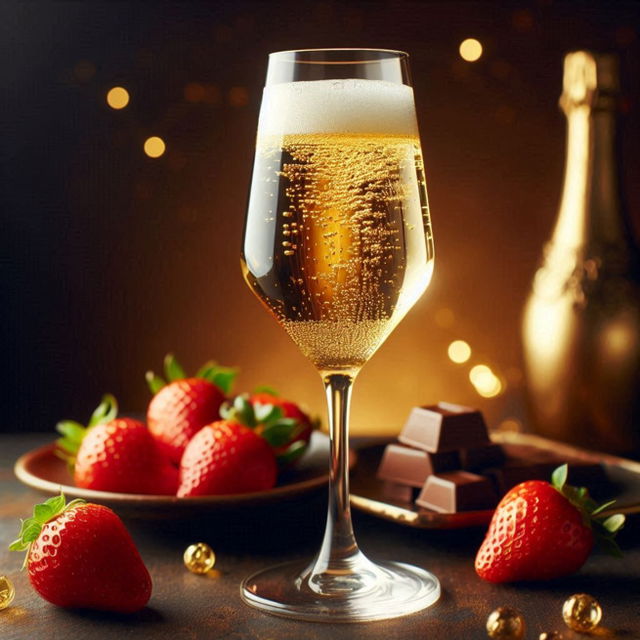
Recommended Articles
- National Sangria Day
- National Wine Day
- National Beer Day
- National Margarita Day
- National Tequila Day
- National Bourbon Day
- National Limoncello Day
- National Vodka Day
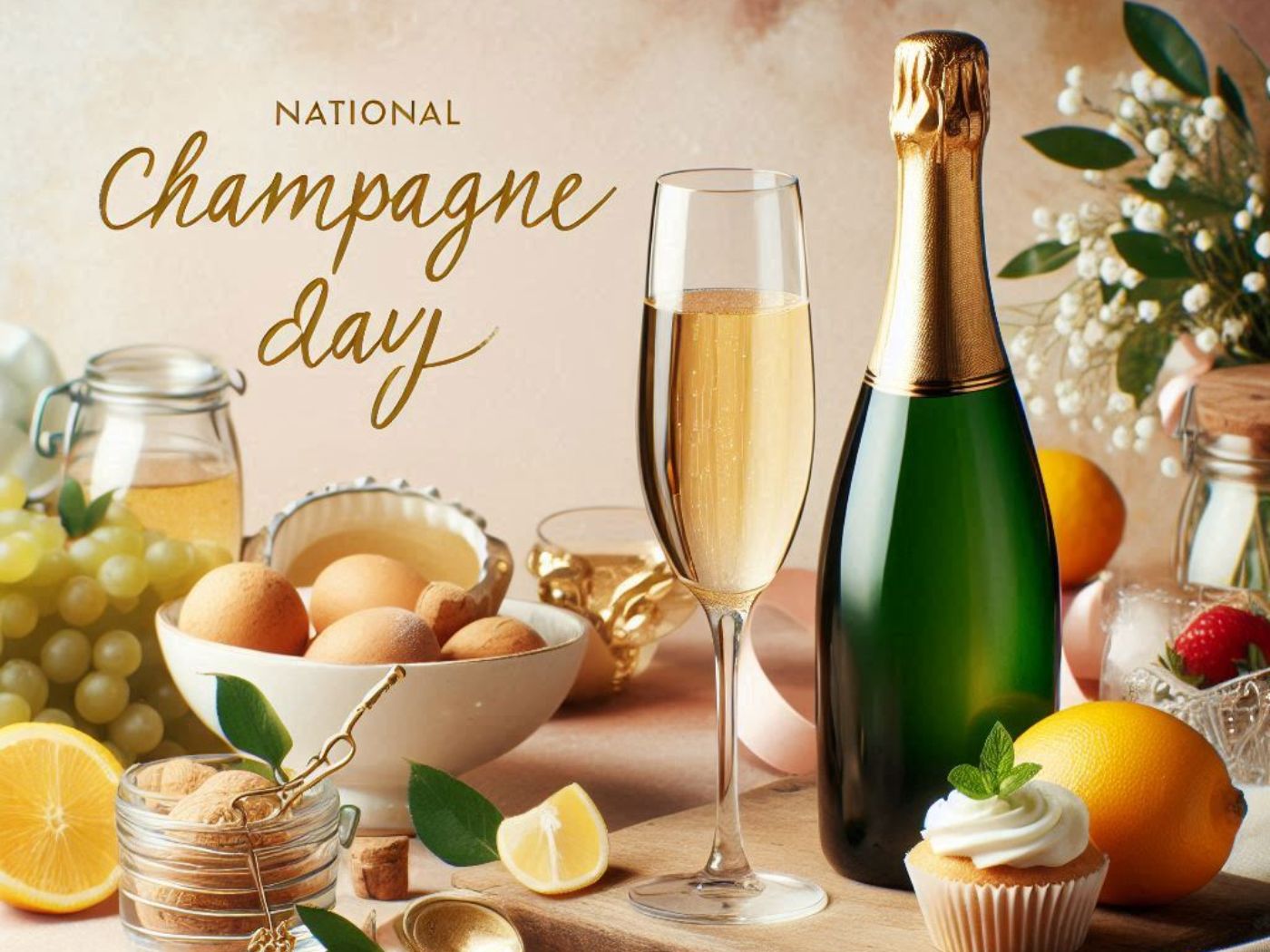
Other Celebrations
-
Jan 01 Wed
-
Feb 22 Sat
-
Apr 02 Wed
-
Apr 10 Thu
-
May 24 Sat
-
Jul 30 Wed

National Champagne Day - Next years
Thursday, 31 December 2026
Friday, 31 December 2027
Sunday, 31 December 2028
